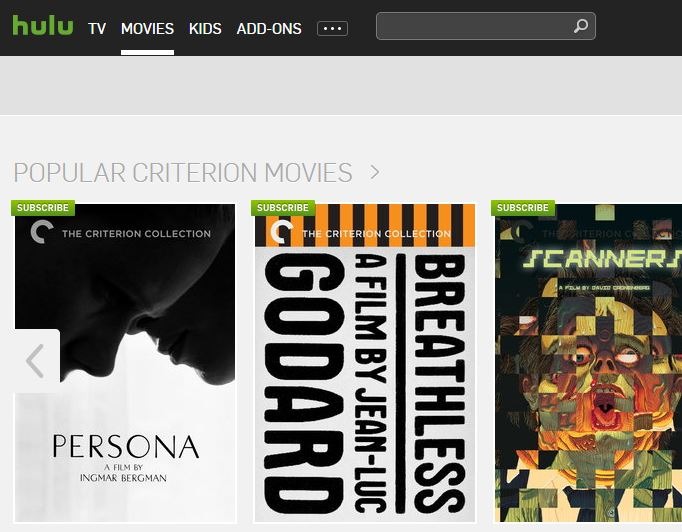Hulu — currently an on-demand platform — could soon join the ranks of internet-based live TV providers, increasing the challenge for Apple's rumored entry into the same arena.
Hulu's live TV is targeted for launch in the first quarter of 2017, sources told the Wall Street Journal. Co-owners Disney and Fox are reportedly near agreements for licensing many of their channels, including ABC, ESPN, and Disney Channel, plus Fox, Fox News, FX, and Fox's national and regional sports outlets.
Although early talks have begun with other media firms, the service isn't expected to grow into something resembling a regular cable bundle. Another Hulu owner, Comcast's NBCUniversal, has yet to agree to license any channels, the sources noted.
As described so far, people will not need to be an existing Hulu subscriber to get access to live TV. An executive the Journal identified as "close to Hulu" agreed that $40 per month was in the right ballpark for a subscription cost.
That exact figure would make Hulu more expensive than rivals Sling TV and PlayStation Vue, and the Journal's sources said that the new service would come with targeted advertising. It might have cloud-based DVR functions as well as the ability to load recent episodes on-demand.
The state of Apple's live TV plans are unknown, as rumors have been largely dormant for months. The company could conceivably launch a new service including original programming in September, but talks have allegedly stalled. The major area of conflict is believed to be Apple's demand for a Sling-like "skinny" channel bundle costing less than $30 per month, and content providers being unwilling to exclude some of their channels.
 Roger Fingas
Roger Fingas








 Charles Martin
Charles Martin


 Malcolm Owen
Malcolm Owen
 William Gallagher
William Gallagher
 Christine McKee
Christine McKee
 Marko Zivkovic
Marko Zivkovic
 Mike Wuerthele
Mike Wuerthele









33 Comments
I'm not completely sold on these skinny bundle OTT cable packages but having Hulu beat Apple to the market will just be another blow to the stock. Ugh.
Live TV is sooooo, old. I want future broadcasts hurry up Apple!!
We see the big problem right in this article. Comcast owns NBC and they will be in no hurry to cut their own cable based throats. I’m guessing there will have to be government intervention to separate content producers from content delivery services before any true innovation can take place. And we already see little fiefdoms arising by delivery services who are producing their own content and making them exclusive to their service.